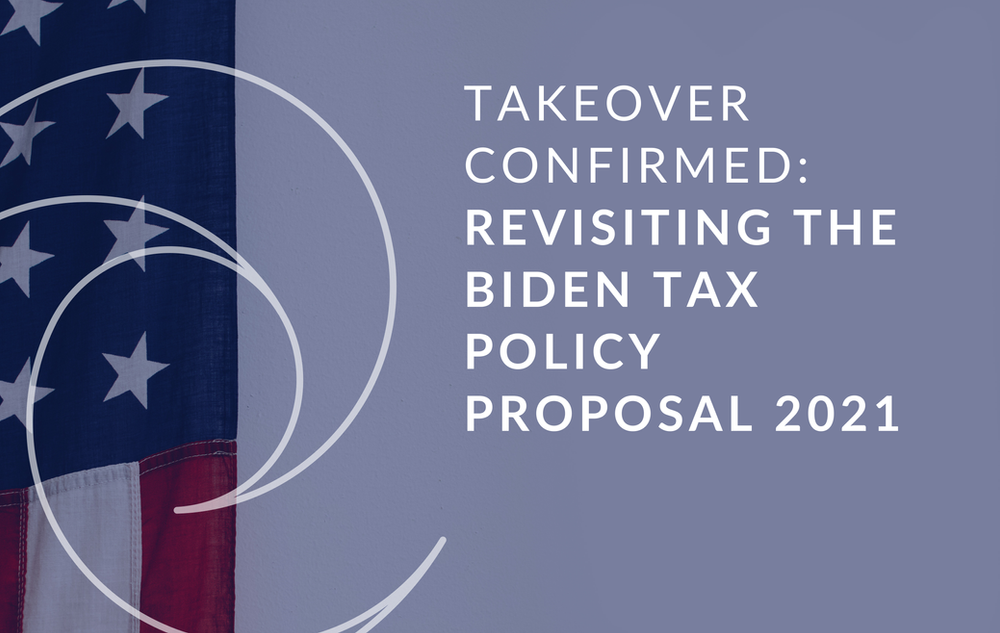Charitable giving not only allows you to support causes you care about but can also offer significant tax benefits. Whether you are a US or UK taxpayer, understanding the tax advantages and optimal strategies for charitable donations can help you maximise both your contributions and tax efficiency. This article will explore how charitable donations work in both the US and UK, and some strategies to consider.

Tax Benefits of Charitable Giving in the US
The US offers generous tax incentives for charitable donations, but you must understand the rules to fully benefit.
1. Tax Deductions for Donations
In the US, donations to US-qualified charitable organisations are tax-deductible if you itemise your deductions. The key rules to note include:
- Qualified Organisations: Donations must be made to IRS-approved charitable organisations to be eligible for deductions.
- Deduction Limits: You can deduct up to 60% of your Adjusted Gross Income (AGI) for cash donations to public charities. Donations of appreciated assets like stocks may have lower deduction limits (usually 30% of AGI). Any donations exceeding these limits can be carried forward to the next tax year.
- Itemised Deductions: Only taxpayers who itemise their deductions (rather than taking the standard deduction) can benefit from charitable donation deductions. This means that your total deductions (including charitable gifts, mortgage interest, and medical expenses) must exceed the standard deduction amount to make itemising worthwhile. The standard deduction for 2025 stands at $15,000 for single filers and $30,000 for joint filers.
2. Donating Appreciated Assets
One of the most tax-efficient ways to give is by donating appreciated assets, such as stocks or real estate:
- No Capital Gains Tax: When you donate appreciated assets held for more than one year, you avoid paying capital gains tax on the asset’s increase in value.
- Fair Market Value Deduction: You can typically deduct the asset’s full fair market value from your income, subject to AGI limits, making this strategy particularly attractive for high-net-worth individuals.
3. Donor-Advised Funds (DAFs)
A Donor-Advised Fund is a charitable giving account that allows you to contribute funds, receive an immediate tax deduction, and decide later which charities will benefit. This provides flexibility for your philanthropic efforts while offering tax benefits upfront.
- Tax Deduction: You receive a tax deduction for the full amount in the year the donation is made, even though you can spread out the actual donations to charities over time.
- Appreciated Assets: You can donate appreciated assets to your DAF, maximising the tax benefits while diversifying your portfolio.
Donor-Advised Funds also provide benefits on your UK tax returns in a similar fashion, which also allows dual benefits (to be covered later).
Tax Benefits of Charitable Giving in the UK
In the UK, charitable donations also provide tax benefits, but the mechanisms are different from those in the US.
1. Gift Aid
Gift Aid is a UK government scheme that allows charities to reclaim the basic rate of tax (20%) on your donation, making your gift go further. If you are a UK taxpayer:
- Increase the Value of Your Donation: If you donate £100 under Gift Aid, the charity can claim an extra £25, making your total contribution £125 at no extra cost to you.
- Higher and Additional Rate Taxpayers: If you’re a higher-rate taxpayer (paying 40% tax) or an additional-rate taxpayer (paying 45% tax), you can claim the difference between the higher tax rate and the basic rate on your donation. For example, if you donate £100, you can claim back £25 in your self-assessment tax return (for 40% taxpayers).
One thing to note here: you must pay enough tax on your self-assessment for Gift Aid to be beneficial. Where there is not enough tax paid, HMRC will claw back the difference (which will increase how much you will owe).
2. Donating Shares and Assets
Just like in the US, donating appreciated shares or other assets to a UK charity can provide substantial tax savings.
- No Capital Gains Tax: You won’t pay Capital Gains Tax on assets donated to charity.
- Income Tax Relief: You can also claim Income Tax relief on the market value of the shares or property donated, reducing your taxable income for the year.
3. Payroll Giving
Payroll Giving allows you to donate to charity directly from your salary before tax is deducted, providing immediate tax relief.
- Pre-tax Donations: Donations are made from your gross salary, meaning you receive the tax relief immediately. If you are a 40% taxpayer, a £10 donation only costs you £6, and a 45% taxpayer would only pay £5.50 for the same £10 donation.
Cross-Border Charitable Giving
For individuals with tax obligations in both the US and UK, cross-border charitable giving requires careful planning to ensure you can benefit from tax incentives in both countries. The US-UK tax treaty allows you to claim tax relief for donations made to charities in either country, provided certain conditions are met:
- Dual-Qualified Charities: Some charities are qualified to receive tax-deductible donations in both the US and UK. By donating to these organisations, you may be able to claim tax benefits in both countries.
- Foreign Tax Credits: If you give to a non-qualifying charity, you may still be able to use foreign tax credits to avoid double taxation, but you’ll need to coordinate between both tax systems to ensure maximum benefits.
Charitable Giving Strategies
- Bunching Donations: In the US, if your itemised deductions don’t exceed the standard deduction, consider bunching several years’ worth of donations into a single tax year. This allows you to itemise in that year and claim the full deduction while taking the standard deduction in other years.
- Donor-Advised Funds: As mentioned earlier, Donor-Advised Funds offer flexibility for both US and UK donors. They allow you to make a large, tax-deductible contribution in one year and distribute funds to charities over time. It allows for all donations to be left to dual-qualifying charities, taking the strain from the taxpayers.
- Legacy Giving: If you’re interested in making a significant impact through charitable bequests, you can leave assets to charity in your will. In the UK, this can reduce the inheritance tax rate from 40% to 36% if at least 10% of your estate is left to charity. In the US, charitable bequests are exempt from estate taxes, providing a powerful tool for estate planning.
- Corporate Matching Gifts: Many companies in the US and UK offer corporate matching gift programmes, where they match your donations to charity. This effectively doubles the value of your contribution without additional out-of-pocket costs.
Conclusion
Charitable giving offers a meaningful way to support causes you care about while also providing significant tax benefits. Whether you’re in the US or the UK, understanding the tax implications of your donations can help you maximise the financial impact of your generosity. By leveraging strategies like donating appreciated assets, using Donor-Advised Funds, or taking advantage of Gift Aid, you can align your philanthropy with smart tax planning.
For individuals with cross-border financial ties, it’s essential to carefully plan charitable contributions to take full advantage of tax benefits in both countries. With thoughtful planning and the right strategies, you can make your charitable giving more effective while minimising your tax liability. If you need any assistance with this please get in touch.









